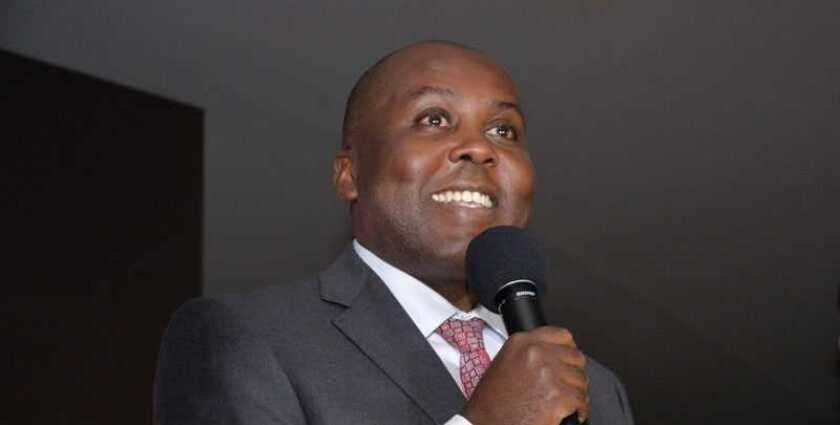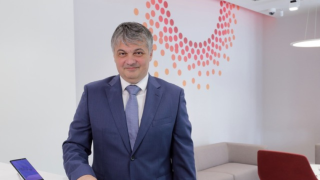The company, 60% owned by Helios Investment Partners, will use Ericsson as its supplier, with South African company NEC XON – part of the Japanese NEC group – in charge of the systems integration.
“Data is a fundamental human right and for us at Telkom,” said Mugo Kibati (pictured), CEO of Telkom Kenya, which is 40% owned by the state. “It is now emerging as a daily necessity.”
Telkom said that the nationwide rollout is part of its long-term network expansion strategy, announced in August last year, when it underwent a strategic reorganisation to address digital transformation.
It said its long-term goal is to become the technology partner of choice in Kenya and the region.
The network expansion will help to compensate Telkom Kenya for the scrapping of an ambitious plan earlier this year when Google’s parent, Alphabet, unilaterally shut down a project to deliver 4G coverage to rural parts of the country from 35 or more separate balloons.
The sudden closure came as an unwelcome surprise to Kibati and his colleagues, as only months before he had invited the country’s president, Uhuru Kenyatta, to participate in the launch of the service.
Now, Telkom Kenya says it is moving into its next phase of transformation in line with its focus areas, driven by the ICT industry’s local and global transitions.
Kibati said: “Two of our commitments are to better position our infrastructure asset base and services to drive digital transformation within our various customer segments, thus providing them with more value.”
He said the company wanted to “bridge the digital divide through the expansion of our mobile data network. we are already working on the upgrade and expansion of our network at the coast.”
Kibati said: “The customer is also demanding more competitive and comprehensive products that address their different and ever-changing needs: browsing, downloading, streaming, mobile money transactions, reading the news online, and updating their apps, actions that are now very important to everyday life.”
Ericsson South and East Africa VP Todd Ashton said: “This is just the beginning, with the LTE expansion setting the foundation to deploy 5G in the future.”






